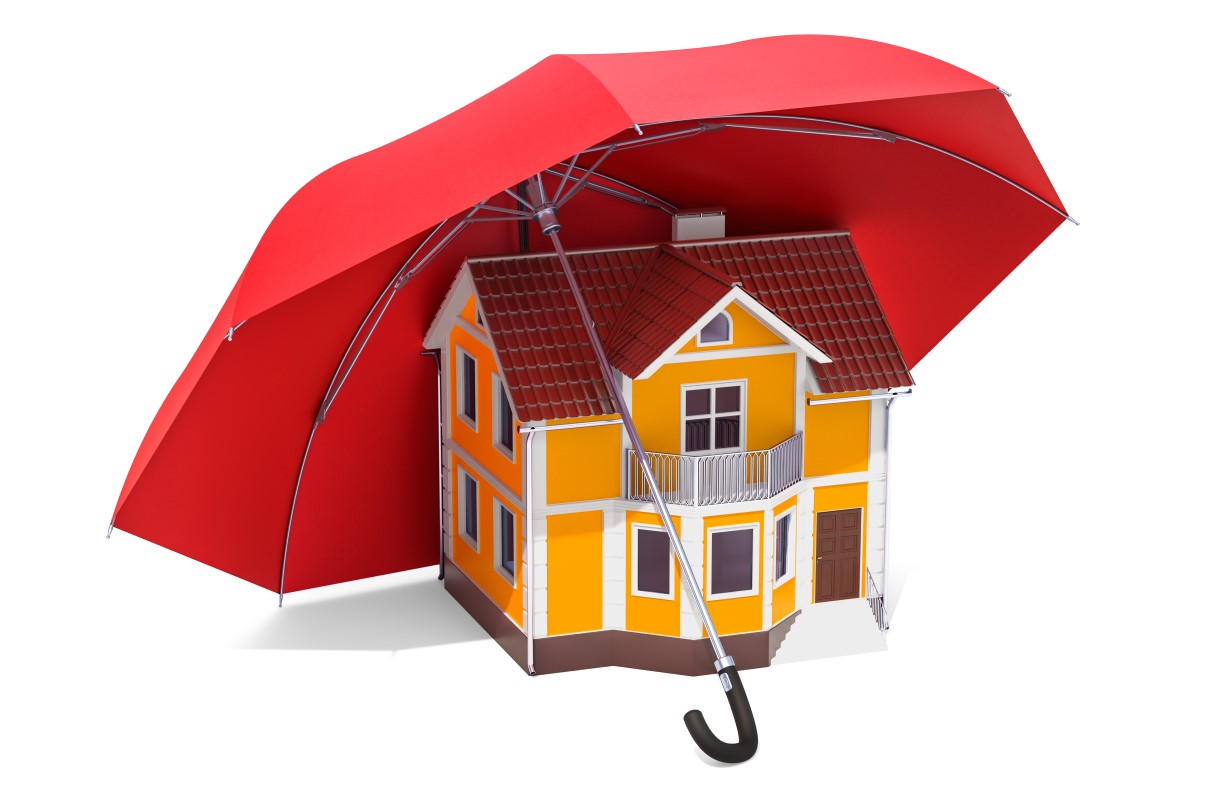Most standard homeowners insurance policies cover common hazards like a fire or a burglary, but some of Mother Nature's work, like flood or wind and hail, are deemed “excluded perils” and might not be covered.
In simple terms, wind and hail damage to your home is covered when it's caused by a toppled tree or blown-off roof; damage from flooding is defined as due to rising waters and requires different coverage. You might remember many people, to their surprise, were not covered for floods during Hurricane Katrina. Flood insurance, offered primarily through FEMA, is not overly expensive, but coverage maxes out at $250,000 (you're not insuring your land). If your house is worth more, you can turn to specialties companies like Lloyd's of London (that famously insures body parts like Keith Richards' hands).
If you live in an area where a January nor'easter is more common than a September hurricane, check how your policy handles damage related to ice and snow, like collapsed roofs and ice dams.
Earthquakes usually are excluded, but you might ask, “Who needs it outside of California?” Well, every state has fault lines. Before 9/11, it was almost laughable to think about damage from the “perils of war,” which almost always is excluded but available through specialty companies.
Structures like your shed or pool might require a special policy endorsement, as does jewelry and money above a certain dollar amount. If you hide your cash under your mattress, make sure you cover it with insurance, too.
It's important to ask what your responsibilities are in protecting your property. Although most insurance companies don't require you to board up your house or have a security system, if you turn off the heat for a week in your Chicago home in January and your pipes freeze, they might claim you were negligible and deny your claim. An empty house, perhaps due to a military PCS move, requires special coverage, as well.
Bottom line, policies vary with respect to coverage, exclusions, and requirements. They can represent a nice chunk of your budget, so make sure you get it right.
